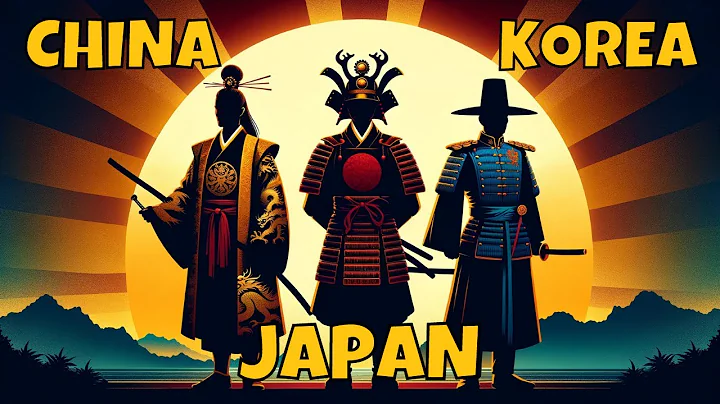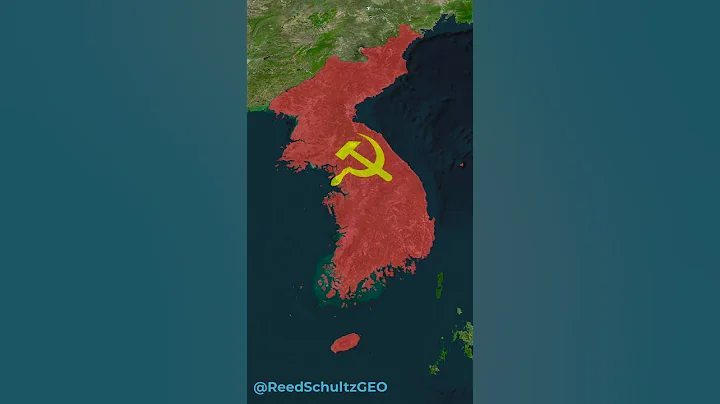In modern times, the Korean Peninsula has been effectively ruled by Japan for half a century. From ancient times to the present, whether it is the Korean War in the Wanli period of the Ming Dynasty, the Battle of Ganghwa Island in modern times, and the later Sino-Japanese Sino-Japanese War of 1894-1894, From the beginning to the end of Japan's invasion of Korea, the relationship between Japan and North Korea has always given us the deep impression that "Japan is strong and North Korea is weak." If Korea had not relied on China, it would have been occupied by Japan long ago, but the reality is often that Is that so?

In fact, in history, various forces on the Korean Peninsula have actively attacked Japan many times. These behaviors can be traced back to the 9th century AD. Due to the political turmoil on the peninsula, refugees and pirates in the southern part of Silla frequently attacked many places in the Japanese archipelago.
At the end of the 14th century and the beginning of the 15th century, Goryeo and Lee Korea took the initiative to attack Japan three times. Among them, the third war against Japan was the most famous, and was even unilaterally judged as an invasion by Japan. Historically known as Yingyong foreign invaders.

Yingyong Waikou is the name in Japanese history for the incident in 1419 (the year of Jihai, the 26th year of Yingyong in Japan) when Lee's Korea attacked Japan's Tsushima Island. North Korea calls it Jihai Dongzheng (기해 동정), Jihai Zhengdong Japanese Conquest or the Third Tsushima Conquest (제3차 대마도 정벌).
1419 (the twenty-sixth year of Japan's Onei 26th year) plundered the Ming Dynasty of China, and when passing through North Korea, they attacked the coasts of Biin, Chungcheong Province, and Haeju, Hwanghae Province, North Korea. After the news reached the Joseon court, the officials were shocked and demanded that troops be sent to attack Tsushima. At that time, King Sejong of North Korea was not inclined to send troops. King Li Bangyuan, who had abdicated but was still influential in the army, advocated an expedition to Tsushima.

In 1419 AD, North Korea appointed Nagakawa Lord Li Congmao as general, and the political leader Liu Yanxian was appointed as the governor of the three armies. He led 227 warships and 17,000 soldiers to the Japanese island of Tsushima. The Japanese daimyo who ruled the island at that time was the So clan. You must know that the current population of this island is only a little over 30,000, and this war took place six hundred years ago. The contrast in strength can be imagined. Although Ashikaga Yoshimochi later sent Kyushu guards to support Tsushima, Japan was ultimately defeated by the fierce Korean offensive. In the end, the Korean army burned more than 100 Japanese warships and killed more than 200 Japanese pirates. North Korea itself also suffered many losses and suffered more than 100 casualties. However, the war ended with the victory of , the Korean Kingdom, and .
After the war, the clan of Tsushima Island declared itself a vassal and paid tribute to historical Korea. This was considered a rare and glorious moment in ancient Korea. In the following hundreds of years, the Korean dynasty was no longer able to resist foreign aggression. Both Japan, across the sea, and the Manchu and Qing Dynasties, which bordered Korea, invaded this poor and weak country many times. The country surrendered to foreign countries again and again.





















